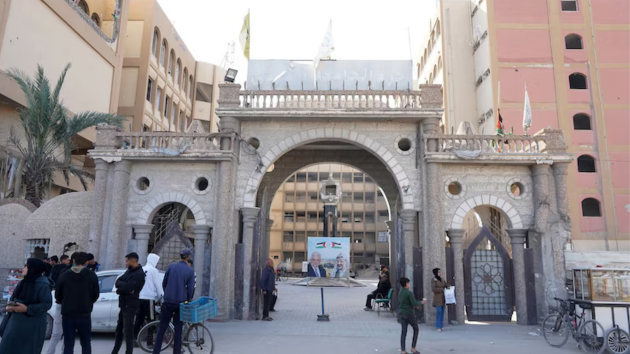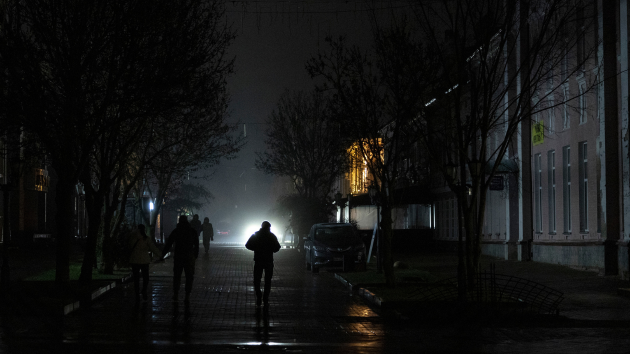Sudan’s RSF paramilitary group advances towards key humanitarian port amid civil war
Written by ABC Audio ALL RIGHTS RESERVED on July 3, 2024
(LONDON) — Sudan’s Rapid Support Forces paramilitary group have advanced eastwards towards the key administrative and humanitarian hub of Port Sudan, claiming to have taken the key town of Sinja, the capital of Sennar State.
Over 60,000 people have fled Sinja Town, south of Sudan’s capital Khartoum, to neighboring localities according to the United Nations, as fighting between the RSF and the Sudanese Armed Forces intensified in the state towards the end of June.
Videos posted on social media appear to show RSF fighters driving through Sennar state. Another video posted by the RSF on July 2 appears to show militants outside the Sennar State Radio and Television Corporation, celebrating their advance.
“Our forces now control the capital of Sennar after defeating the Sudanese Armed Forces (SAF) and its allies,” said the RSF in a post on social media network X.
They claimed to have seized a “large stock of military equipment” and weapons, saying the SAF suffered “heavy casualties numbering in the hundreds.” ABC News was unable to independently verify the claimed casualty figure.
The RSF’s eastward advance — the group now controls a large part of Western Sudan including the Darfur region — has raised concerns that the paramilitary group is closing in on Port Sudan, the city a key administrative and humanitarian on the Red Sea.
“This is having a huge impact on innocent civilians,” Stéphane Dujarric, spokesperson for the U.N.’s secretary-general, said on Tuesday. “Latest figures indicate that more than 60,000 men, women and children have already fled the fighting in that area.”
“The situation is extremely volatile and our humanitarian colleagues fear that the number could increase in the coming days, as the fighting between the parties continues and people are moving constantly in an elusive search for safety,” Dujarric said.
As the war in Sudan enters its 15th month, as many as 40,000 people have been killed in fighting between the warring parties, said Ahmed Abbas, spokesperson for the Sudan’s Doctors Union. The conflict has also precipitated the world’s largest displacement crisis, with over 9.1 million people forced to flee their homes across Sudan’s 18 states, according to the International Office of Migration (IOM).
Last week, the Integrated Food Security Phase Classification, an international monitoring agency, released a “snapshot” indicating the war in Sudan has triggered the world’s largest hunger crisis, with over half of Sudan’s population of 26 million now facing “crisis” levels of hunger. The report indicated that unlike the Darfur crisis 20 years ago, today’s crisis in Sudan spans the nation, including Khartoum, one of Africa’s most-promising capitals, and Al Jazeira state, known as Sudan’s “breadbasket” state, where almost 300,000 people are now facing “famine-like” hunger.
“Imagine a city the size of London being displaced. That’s what its like, but it’s happening with the constant threat of crossfire, with famine, disease, and brutal ethnic and gender-based violence,” said IOM Director General Amy Pope.
The U.S. Agency for International Development said the situation is now “historically dire” warning that it’s a crisis “comparable to-and potentially worse than” the Famine in Ethiopia in the early 1980s.
“The SAF and RSF must negotiate an immediate ceasefire to facilitate predictable and sustained humanitarian access to all Sudanese and remain at the negotiating table to end this conflict.,” said USAID.
Copyright © 2024, ABC Audio. All rights reserved.







